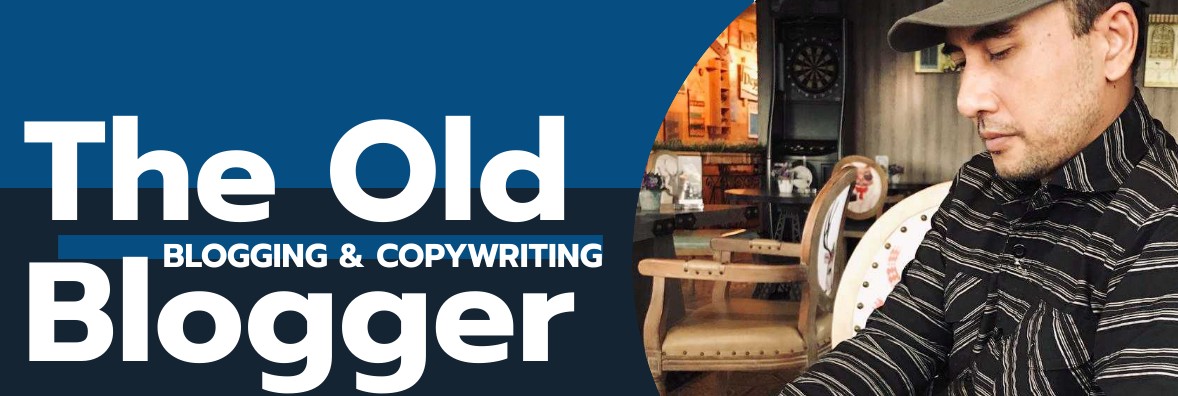Personal skills are the qualities and attributes that make you a valuable employee. They include things like communication skills, teamwork skills, problem-solving skills, and time management skills.
Developing your personal skills can help you in all aspects of your life, not just your career. Strong personal skills can help you build strong relationships, be more successful in your personal life, and achieve your goals.
Here are 10 ways to develop your personal skills:
1. Identify your strengths and weaknesses
The first step to developing your personal skills is to know where you need to improve. Take a while to mirror to your strengths and weaknesses. What are you good at? What do you need to work on?
2. Set goals
Once you already know your strengths and weaknesses, you could set desires for yourself. What do you want to achieve? What skills do you want to develop? Write down your desires and lead them to specific, measurable, achievable, relevant, and time-bound.
3. Seek feedback
The best way to improve your personal skills is to get feedback from others. Ask your friends, family, and co-workers for sincere remarks approximately your strengths and weaknesses. You can also ask your manager for feedback on your work performance.
4. Take courses or workshops
There are many different courses and workshops available that can help you develop your personal skills. Look for courses that are specific to the skills you want to develop.
5. Read books and articles
There are many great books and articles available that can teach you about personal development. Read books and articles approximately the capabilities you need to develop. You also can locate beneficial data online.
6. Practice your skills
The best way to improve your personal skills is to practice them. Make an effort to use your skills in everyday situations. You do more practice, the higher you may become.
7. Get involved in extracurricular activities
Getting involved in extracurricular activities is a great way to develop your personal skills. Volunteer for a purpose you care about, be part of a membership or sports activities team, or take a class. You'll meet new people, learn new skills, and have fun while you're at it.
8. Seek out mentors
A mentor can be a valuable asset in your personal development journey. A mentor can provide you with guidance, support, and encouragement. Look for someone who has the skills you want to develop and who is willing to help you.
9. Be patient
Developing personal skills takes time and effort. Don't get discouraged if you do now no longer see outcomes immediately. Just maintain working towards and you will ultimately see improvement.
10. Enjoy the process
Personal development is a lifelong journey. It's now no longer about attaining a destination, it is approximately taking part in the ride. So relax, have fun, and learn as much as you can along the way.
By taking the time to develop your skills, you can improve your career prospects, your relationships, and your life.
Here are some specific tips for developing each of the 10 personal skills mentioned above:
A. Communication skills:
* Practice active listening. Make eye contact, nod your head, and ask questions to show that you're interested in what the other person is saying.
* Be clear and concise. Use simple language and avoid jargon. Get to the factor quick and do not ramble.
* Be a good listener. Ask questions to show that you're interested in what the other person is saying.
* Be respectful of others' opinions. Even if you disagree with someone, listen to what they have to say and try to understand their point of view.
B. Teamwork skills:
* Be willing to help others. Offer to help your teammates with their work and be willing to pitch in when needed.
* Be a good communicator. Keep your teammates informed about your progress and be willing to listen to their feedback.
* Be flexible and adaptable. Be willing to change your plans when needed and be flexible when working with others.
* Be a team player. Put the team's goals ahead of your own and be willing to sacrifice your own interests for the good of the team.
C. Problem-solving skills:
* Be able to identify problems.
* Be able to generate solutions. Once you've identified the problem, you need to get the solution immediately.

